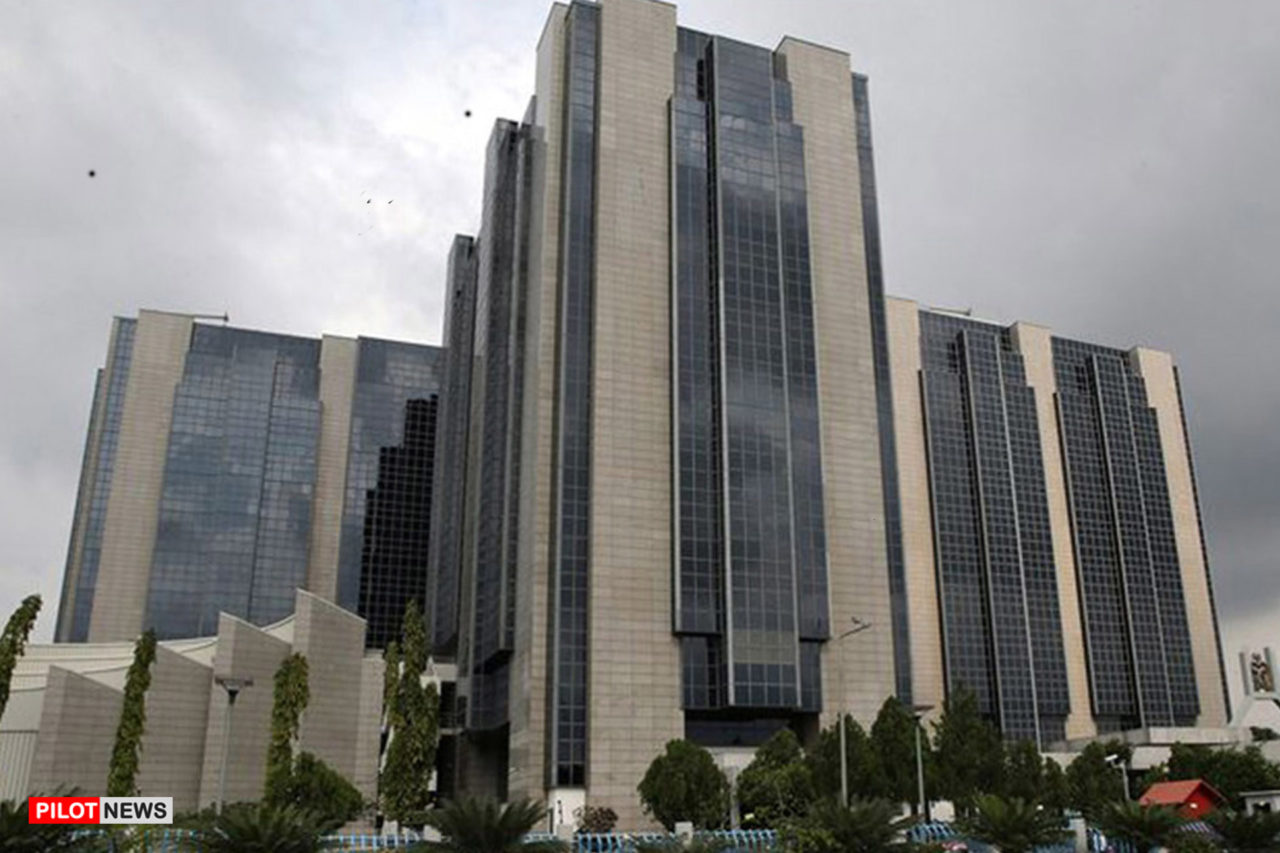In response to mounting economic pressures, the Central Bank of Nigeria, CBN, has announced a significant hike in interest rates, aiming to address inflationary concerns and stabilise the country’s economy.
The Monetary Policy Committee, MPC, voted on Tuesday to increase the Monetary Policy Rate, MPR, by 200 basis points, bringing it to 24.75 per cent from the previous rate of 22.75 per cent.
The decision reflects careful deliberation by the MPC, considering various economic indicators and emerging trends.
“The MPC is concerned about the persistent rise in inflation,” stated CBN Governor Olayemi Cardoso. “This decision is aimed at taming inflationary pressures and ensuring price stability in the Nigerian economy.”
This rate hike, the second this year, comes as Nigeria grapples with a significant rise in inflation. The latest figures from the National Bureau of Statistics, NBS, show annual inflation at 31.70 per cent, fueled primarily by rising food prices.
The CBN’s decision is expected to have implications across various sectors of the economy, particularly in borrowing and investment activities. While the move may lead to higher borrowing costs for businesses and individuals, it aims to encourage savings, curb excessive spending, and ultimately moderate inflationary pressures.
However, some economists and market analysts warn that aggressive interest rate hikes could have negative consequences. Higher borrowing costs could stifle economic growth and make it harder for businesses to access loans for investment. Additionally, some fear that the higher rates could further weaken the Nigerian naira, putting additional upward pressure on prices.
The CBN also announced adjustments to other monetary policy tools. The Cash Reserve Ratio, CRR, for commercial banks remained unchanged at 45 per cent, while the CRR for merchant banks was increased to 14 per cent from 10 per cent.
The effectiveness of the CBN’s latest move to control inflation remains to be seen. Nigerians are likely to be watching closely to see if these measures translate into lower prices for essential goods.
Latest posts by By Ezinwanne Onwuka (Senior Reporter) (see all)
- DSS Uncovers Plot To Use Protests For Regime Change - July 26, 2024
- Military Vows to Maintain Law and Order During Planned Protest - July 25, 2024
- Kidnapping: Delta Police Arrests 4 Suspects Arrested for Receiving Ransom Payments - July 25, 2024
previous
Tinubu's Address At the Funeral of the Fallen Heroes - Transcript
next

